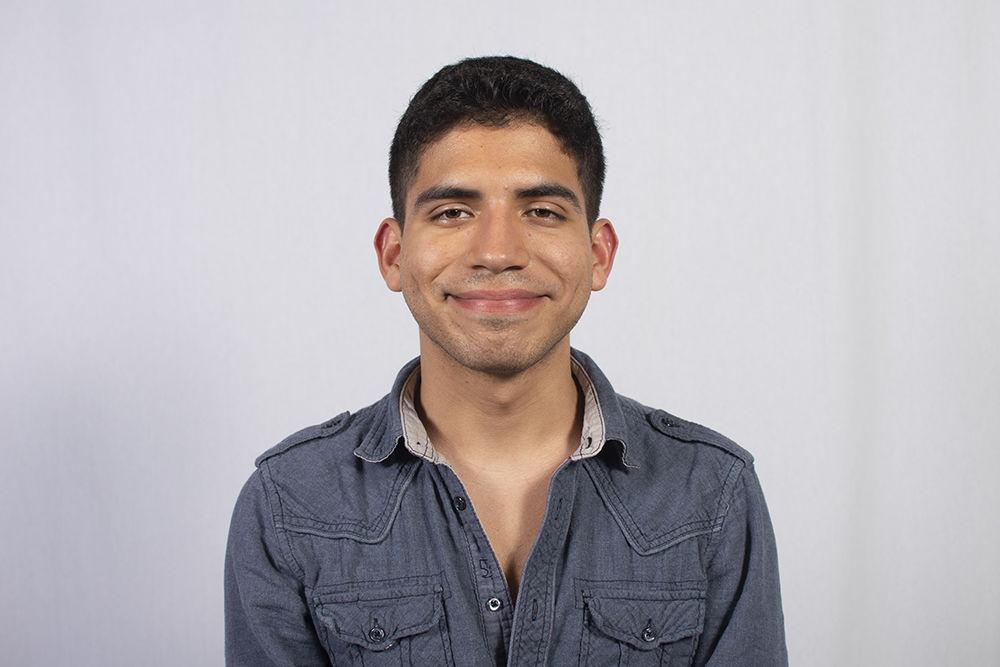By the time this column is published, Pride Month will have already passed. Dedicated initially to commemorate the Stonewall riots of 1969, June is now a month dedicated to celebrate the advancements of LGBTQ+ rights worldwide. Our own country has come a long way from its homophobic past, with our diligent battles now reaping a world that is less hostile. Queer lives, as my LGBTQI+ American Literature professor would say, have entered the coming home narrative. Writing this column without fearing ostracism means that I’ve entered the house of cultural acceptance.
Conformity has its downsides. What is defined as acceptable queerness is divisive in both straight and LGBTQ+ circles. Just a few days ago, former Raleigh City Council member Saige Martin discredited his sexual assault allegations by saying the queer community was toxic and that the allegations were a ploy from leftist gays. Martin, in the comfort of his fabricated power as a milquetoast moderate, discredits his predatory behavior for political gain against fellow members of his community.
Martin, like many conformists in the LGBTQ+ community, is wrong in the defining aspects of toxicity within queer circles. Complacency is the issue at heart here, adhering to mainstream narratives of liberation while excluding anyone who does not benefit your reality.
In a world where LGBTQ+ employees received federal protections from discrimination only days ago, queer liberation has been wrongly attributed as complete. Heteronormative society has not fully accepted queer individuals, and we need to start asking for more than just rainbow accessories.
While the discourse of adhering to the whims of heterocentric society has predated modern discourse for years, progress has never been made inside the box. The Homophile Movement, as normative as it seems to the modern eye, was a historic attempt to challenge what the mainstream wrongfully saw as mentally ill. This comfort would be further challenged by the Stonewall riots, marking a historic point in advancing queer awareness, representation and activism.
Conformity has plagued modern queer discourse. Too often do I see things split into boring binaries by both straight and queer individuals. Being a top or a bottom is still compared to being “the man and the woman” in a relationship. Transgender women are still being wrongly equated to drag queens. Having an lesbian cop making a movie one-liner is considered peak diversity, when, in reality, it relegates queer identities to the sidelines only when convenient.
The joy of queer liberation is the expulsion of stagnant worldviews. Pride celebrates gay liberation for a kaleidoscope of marginalized groups, and rarely are these celebrations ashamed of their, for a lack of a better word, pride. Why relegate that innovative joy to a mere month? I’m not just celebrating for rainbow merchandise and fun after-parties.
Radical gay liberation is not without its problems. Racism is still prevalent in queer spaces, and other exclusivist ideologies such as transphobia plague activist circles. Queerness, like any community, is naturally diverse and demands inclusivity. Marginalizing a community as a member of another marginalized group is one of the biggest clown acts of modernity.
I haven’t always had the privilege of living in comfort. I didn’t experience the intense discrimination my predecessors faced, but I would be lying if I said I’ve never experienced homophobia. Thankfully, I never experienced the systemic homelessness many LGBTQ+ youth face in America. Coming out to my parents did not result in a quirky story to tell. It’s gotten better for sure, but there’s still work to be done.
It still isn’t a quirky story. Some of my family members didn’t want my first opinion column to be about Durham Pride, but it exists. It’s nothing exemplary, but I believe it marked my first step on moving beyond heteronormative identity politics. My identity, as understated as the terrible mustache I donned for half a semester, moved beyond treating it as a token characteristic.
Our own GLBT Center is only a little older than a decade, and it’s seen its fair share of homophobia from the campus community. The Raleigh queer bar Ruby Deluxe was raided by police after peacefully providing rations to protesters. Tolerance to intolerance does not lead to greater freedoms; the opposite does and Stonewall was a prime example of that.
Happy Pride, everybody. It’s time to get rebuilding.














